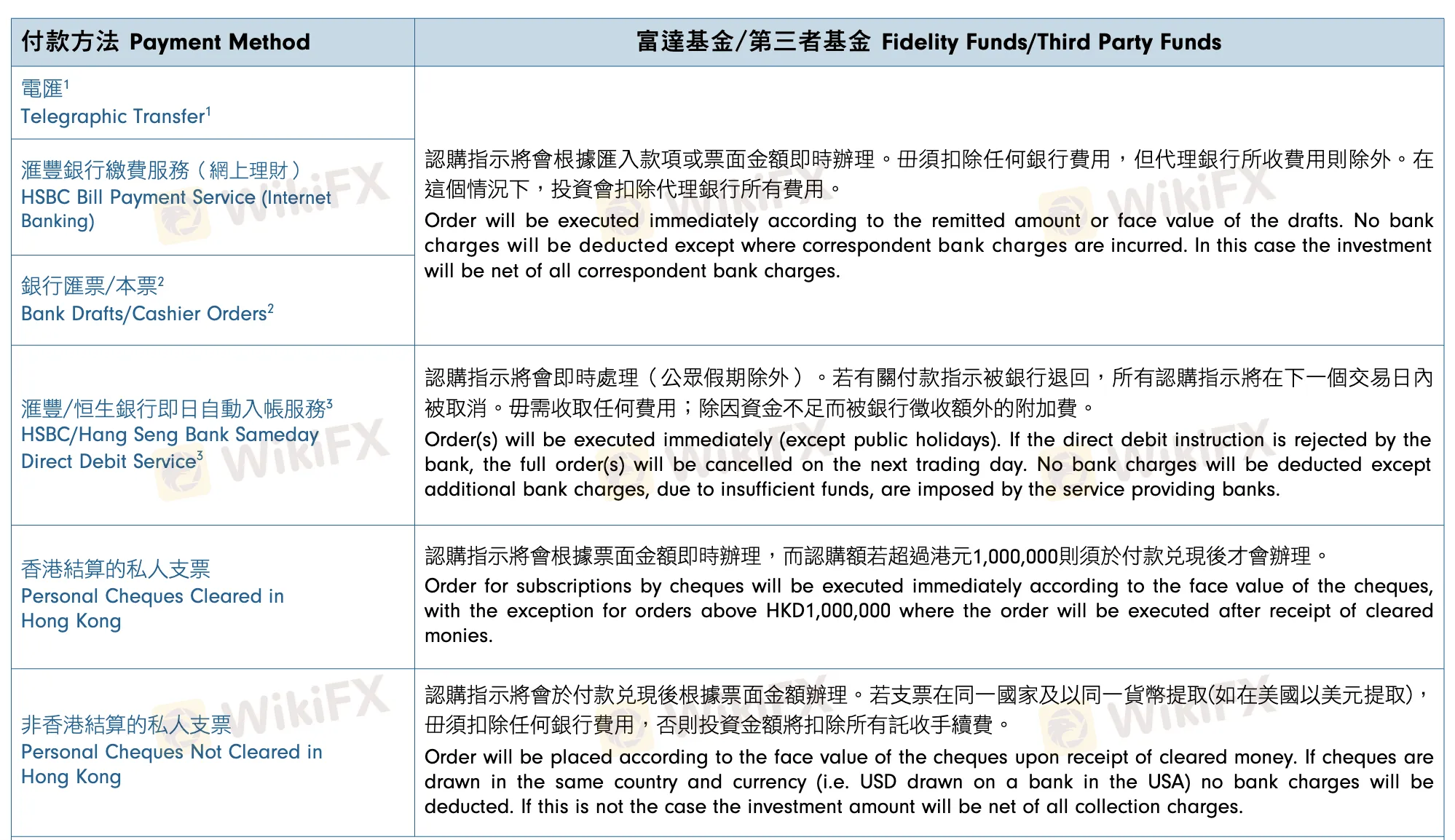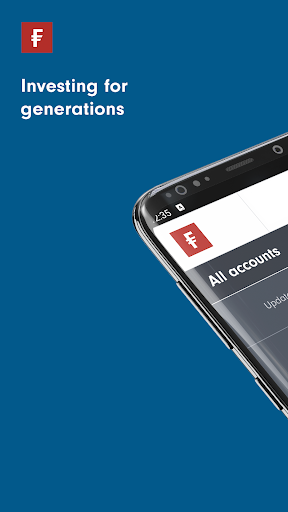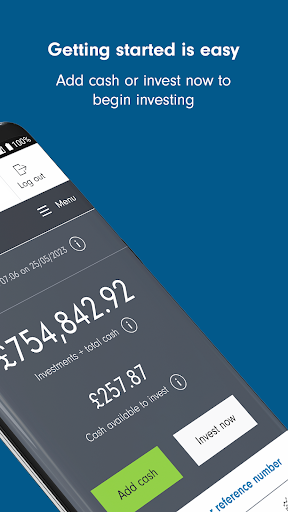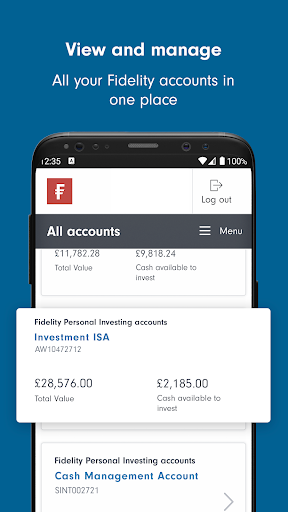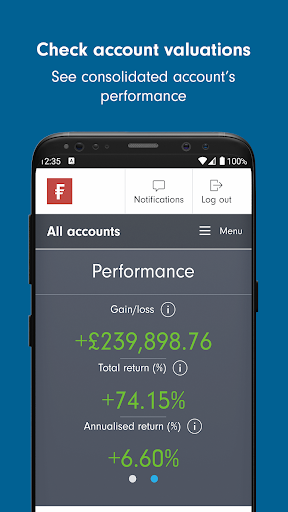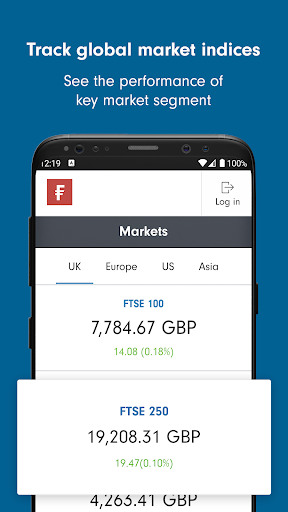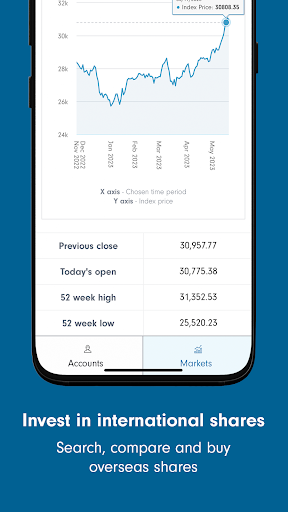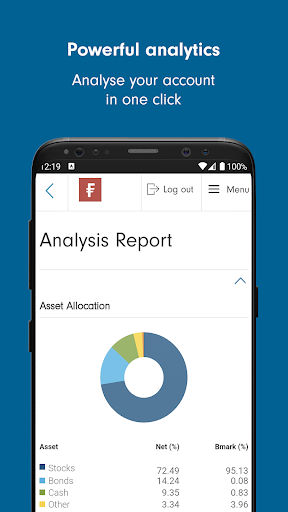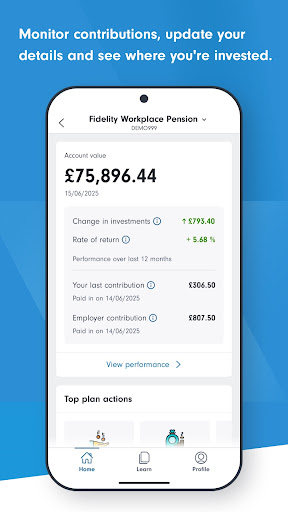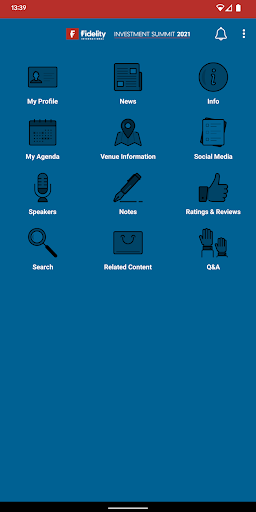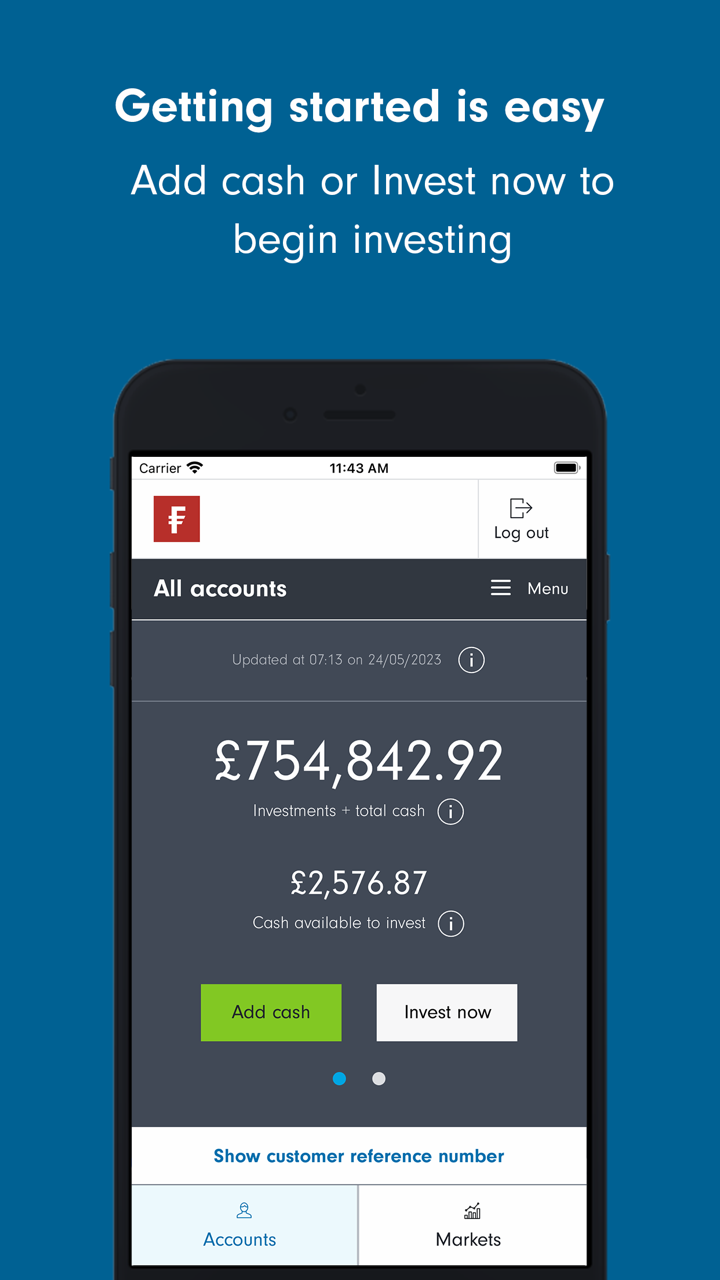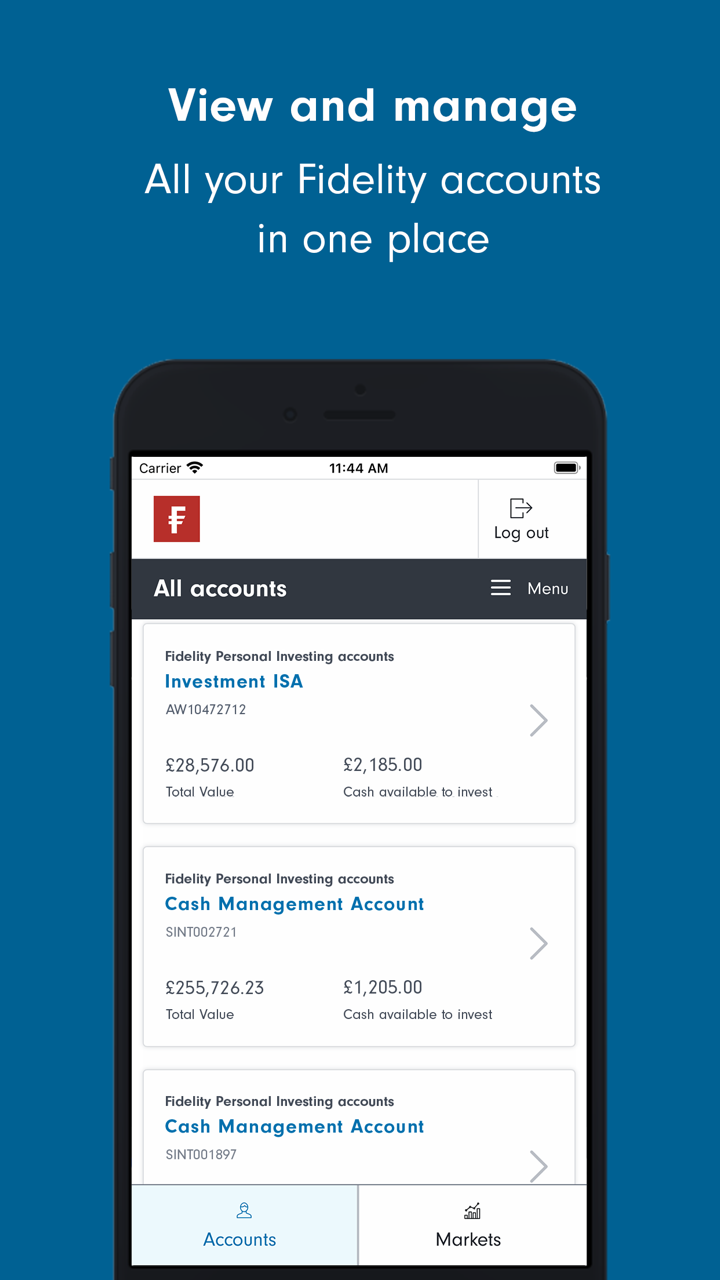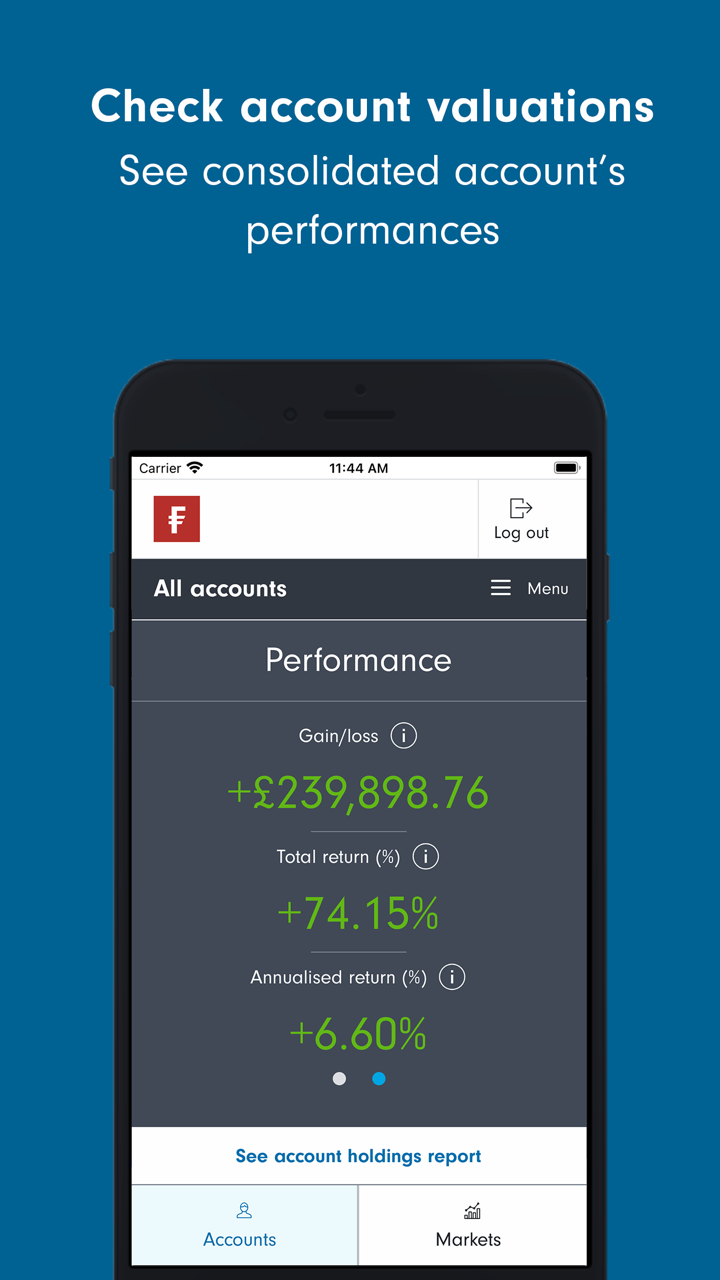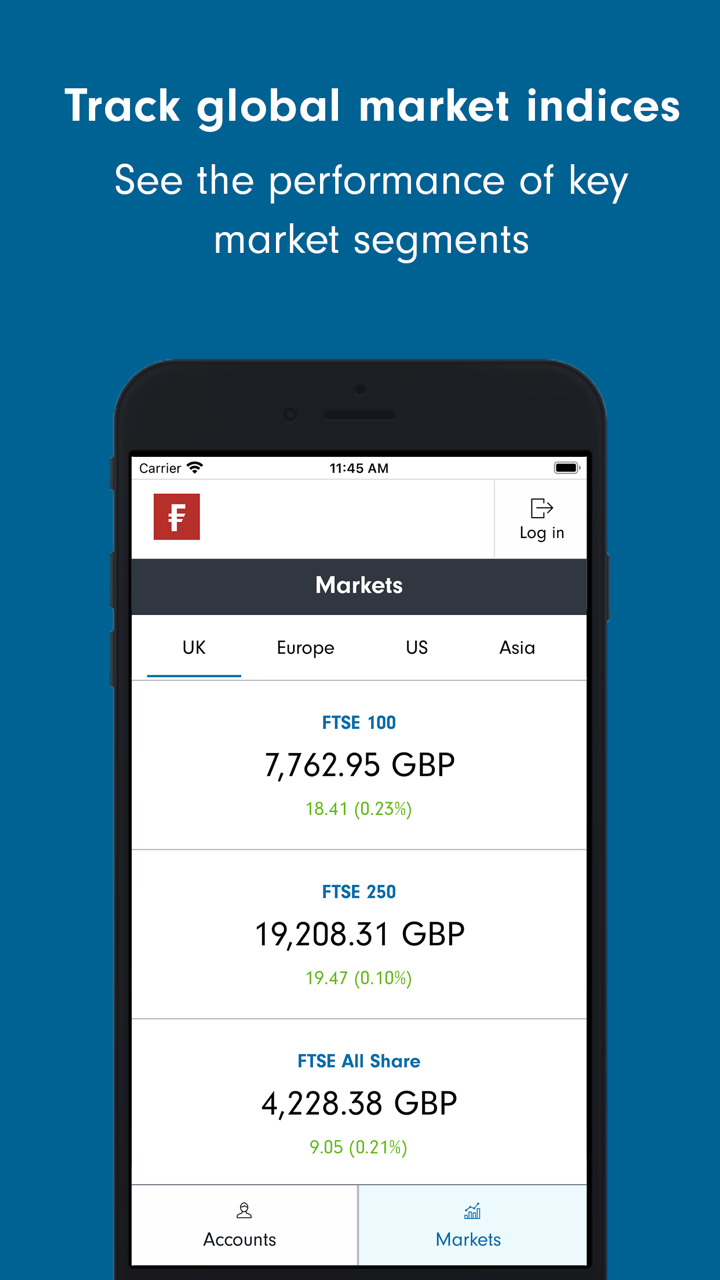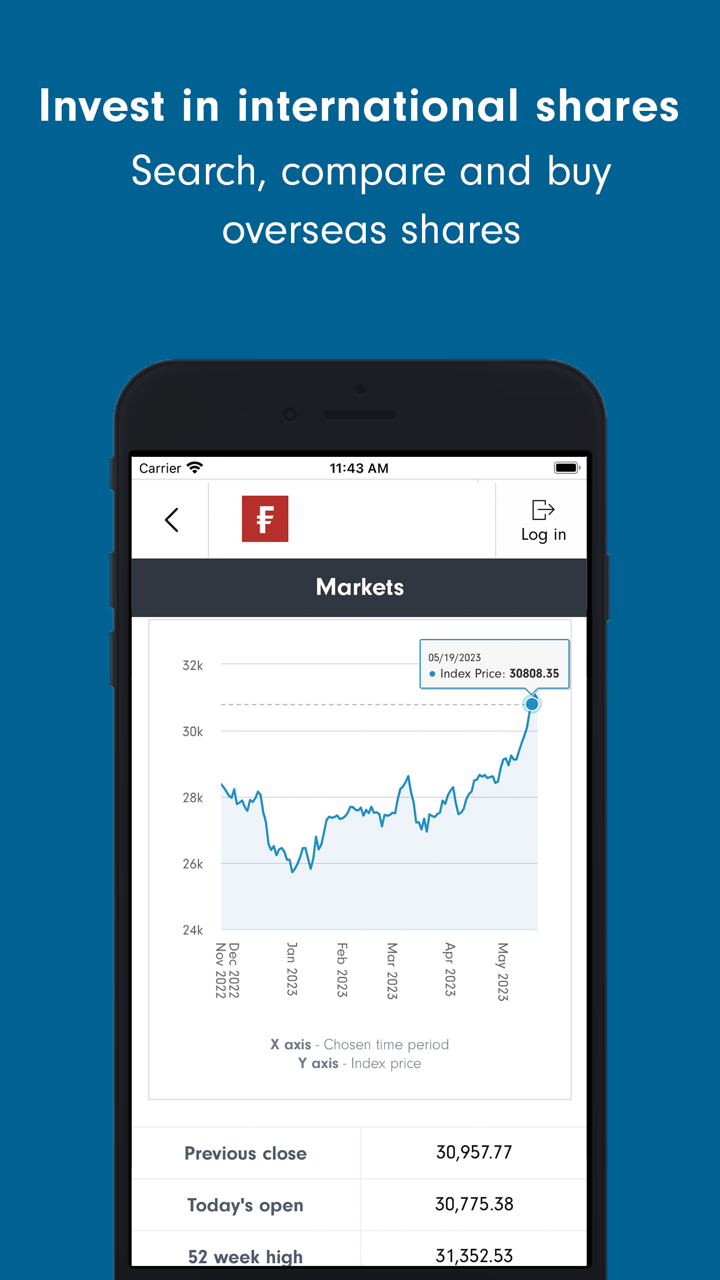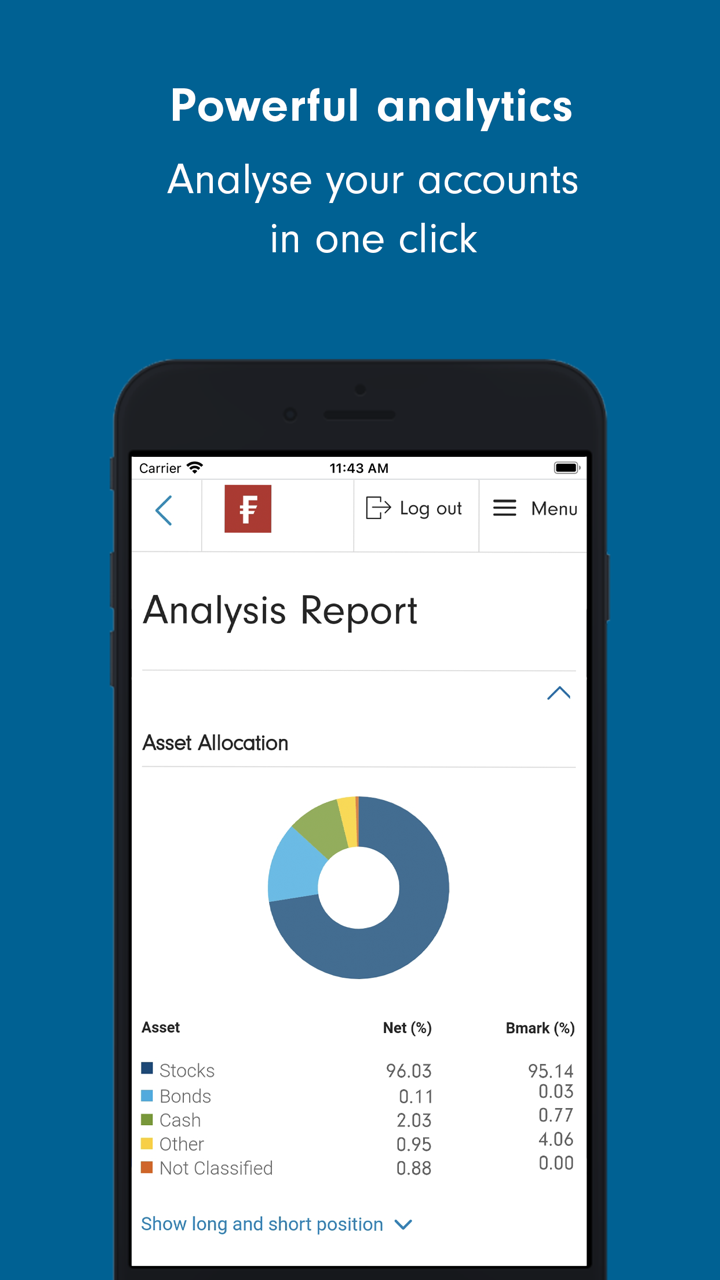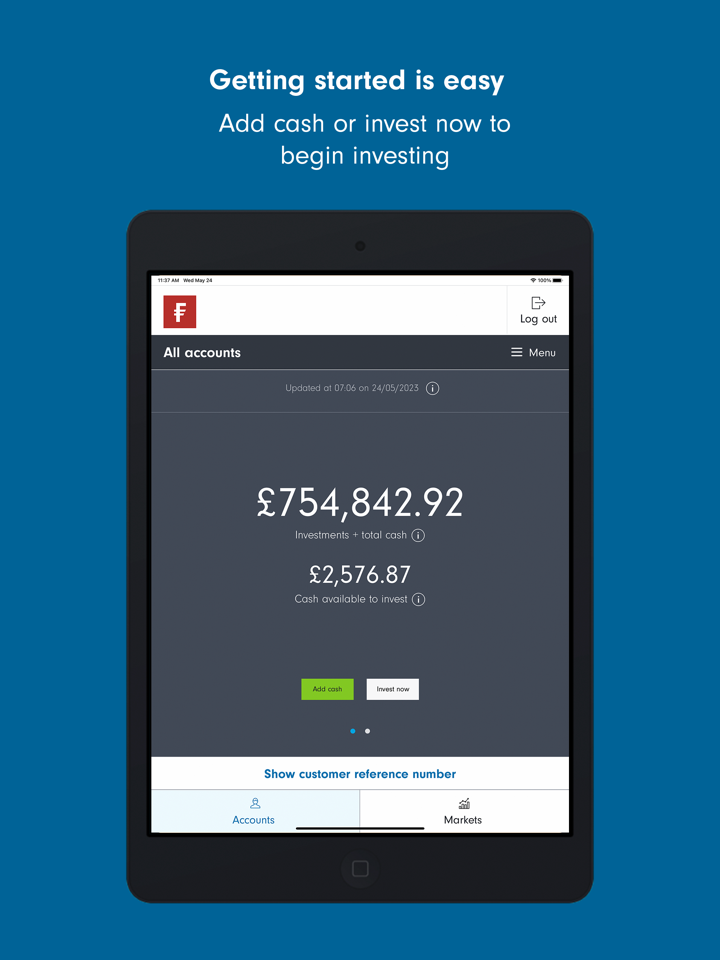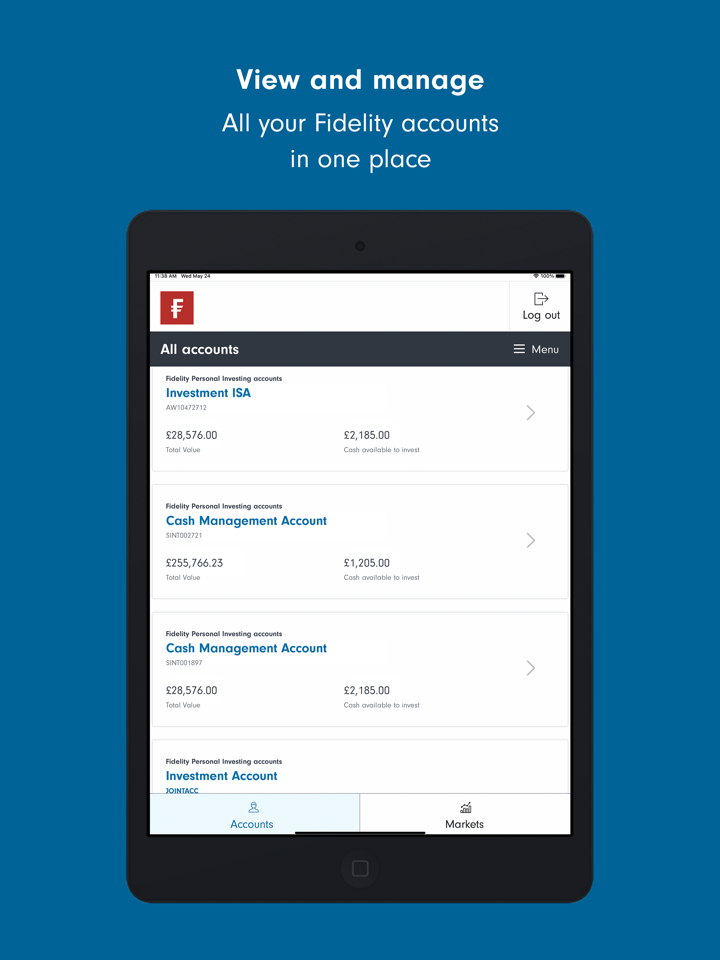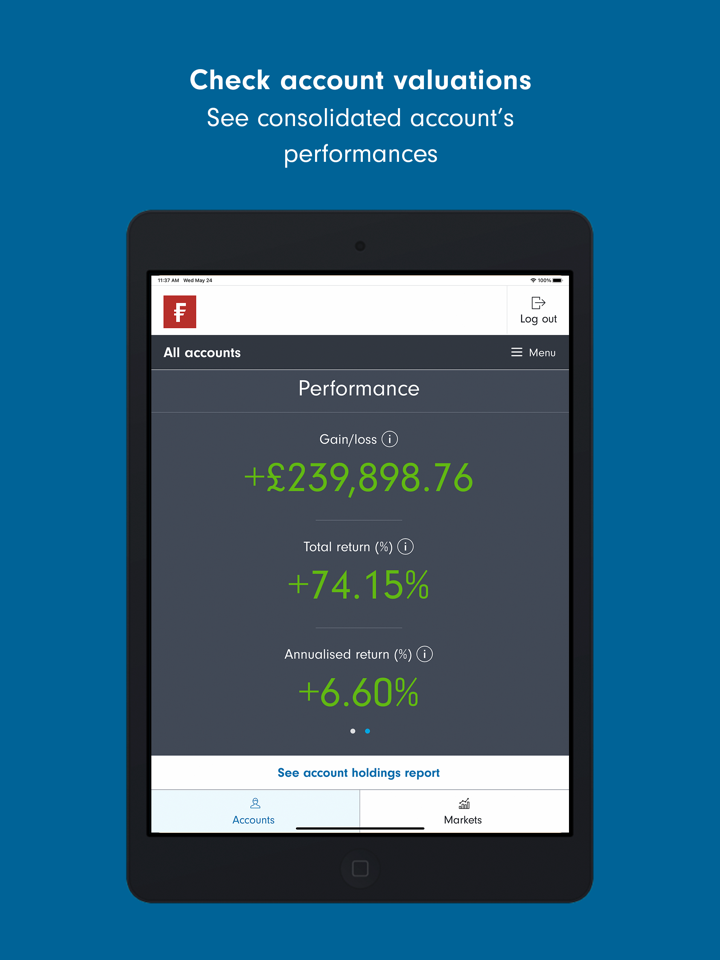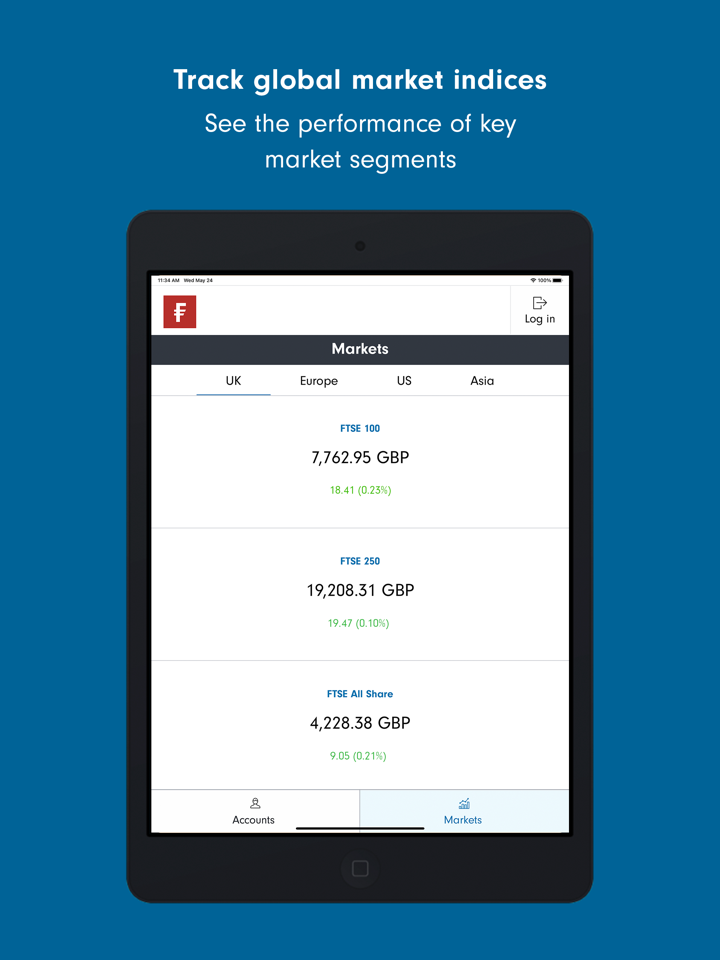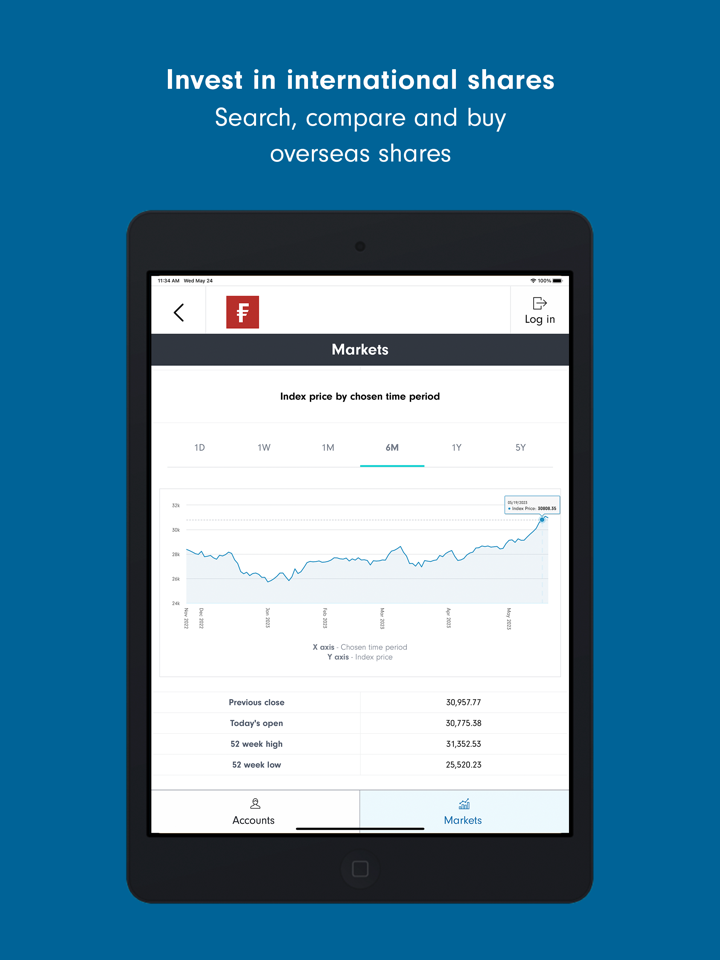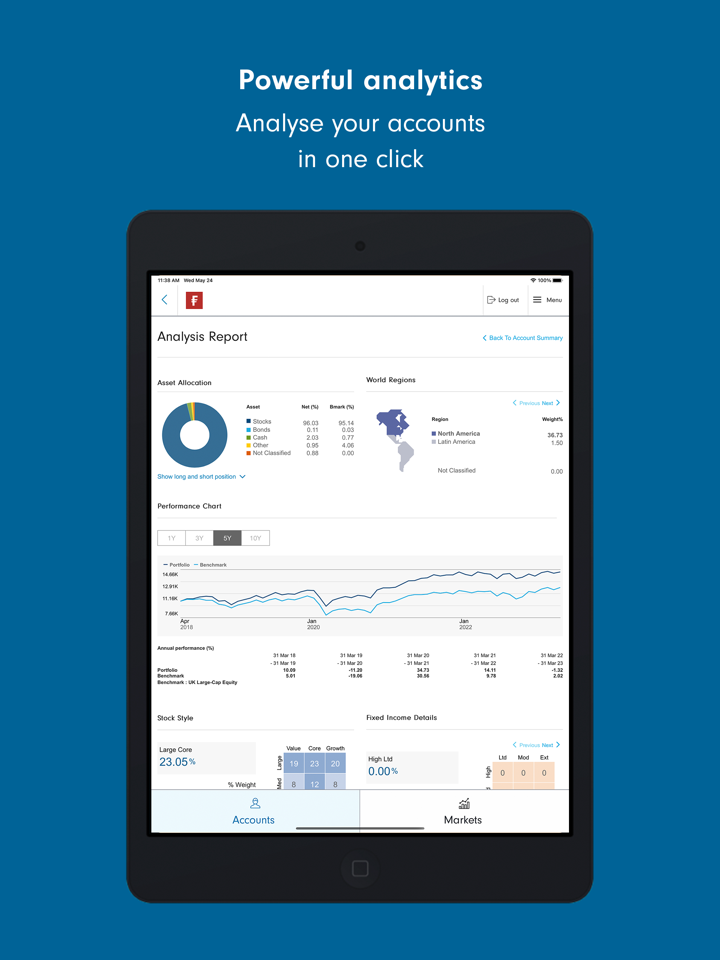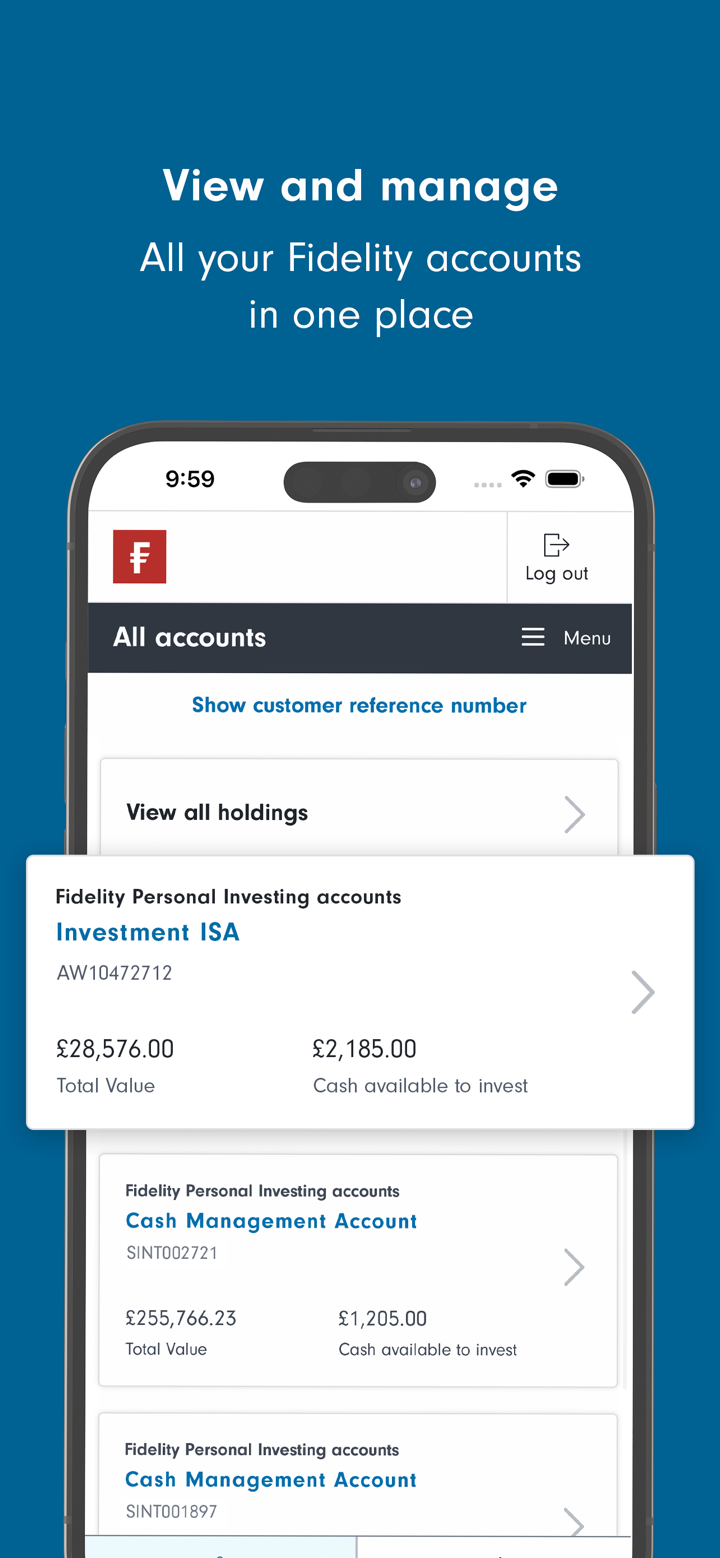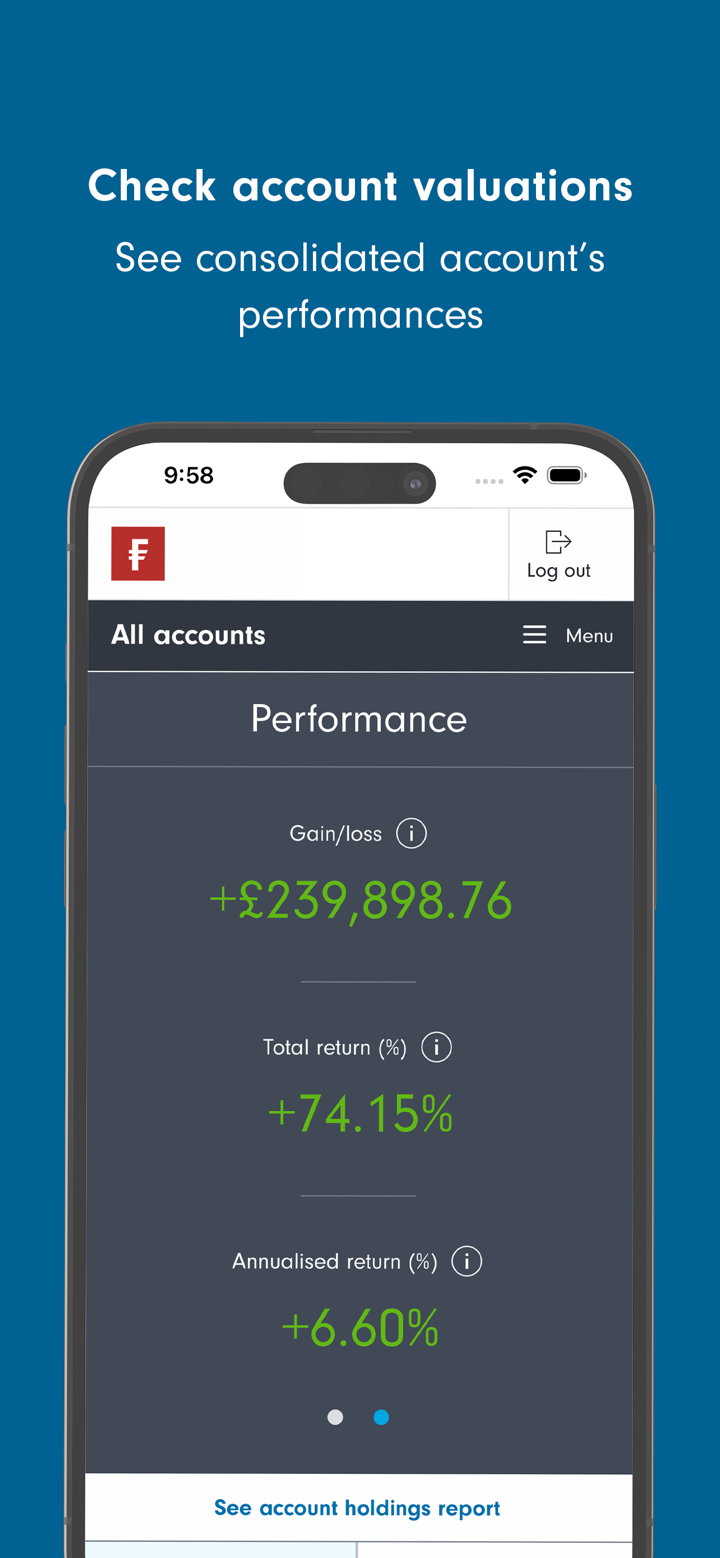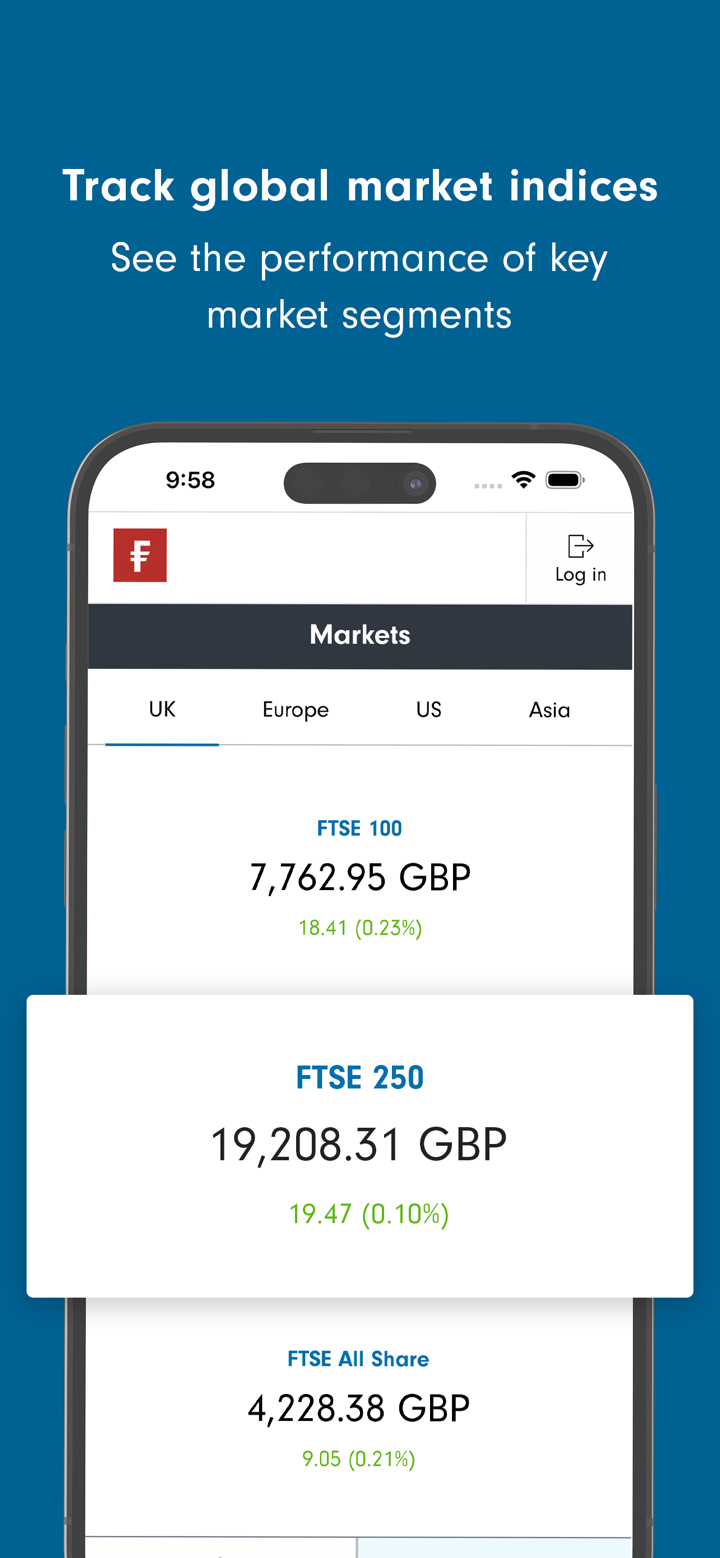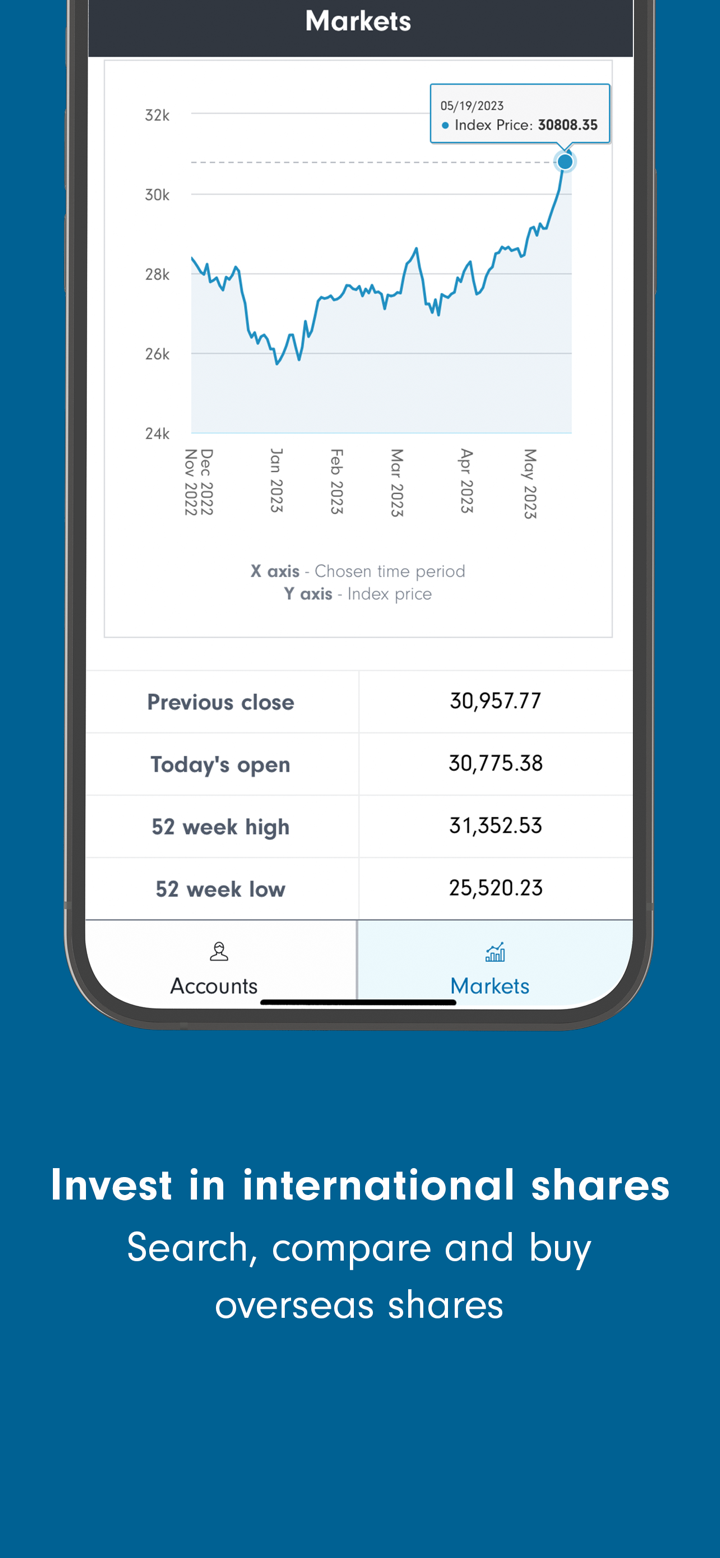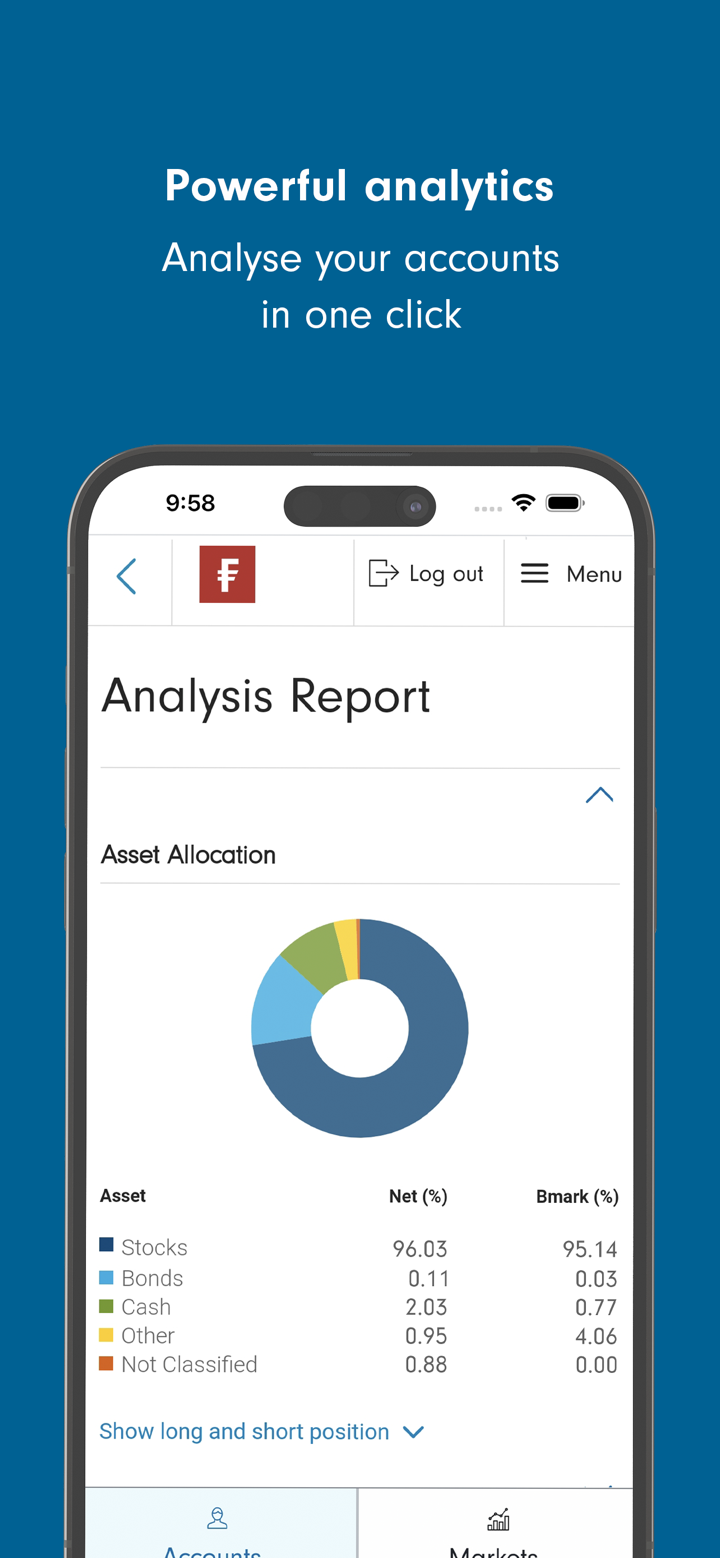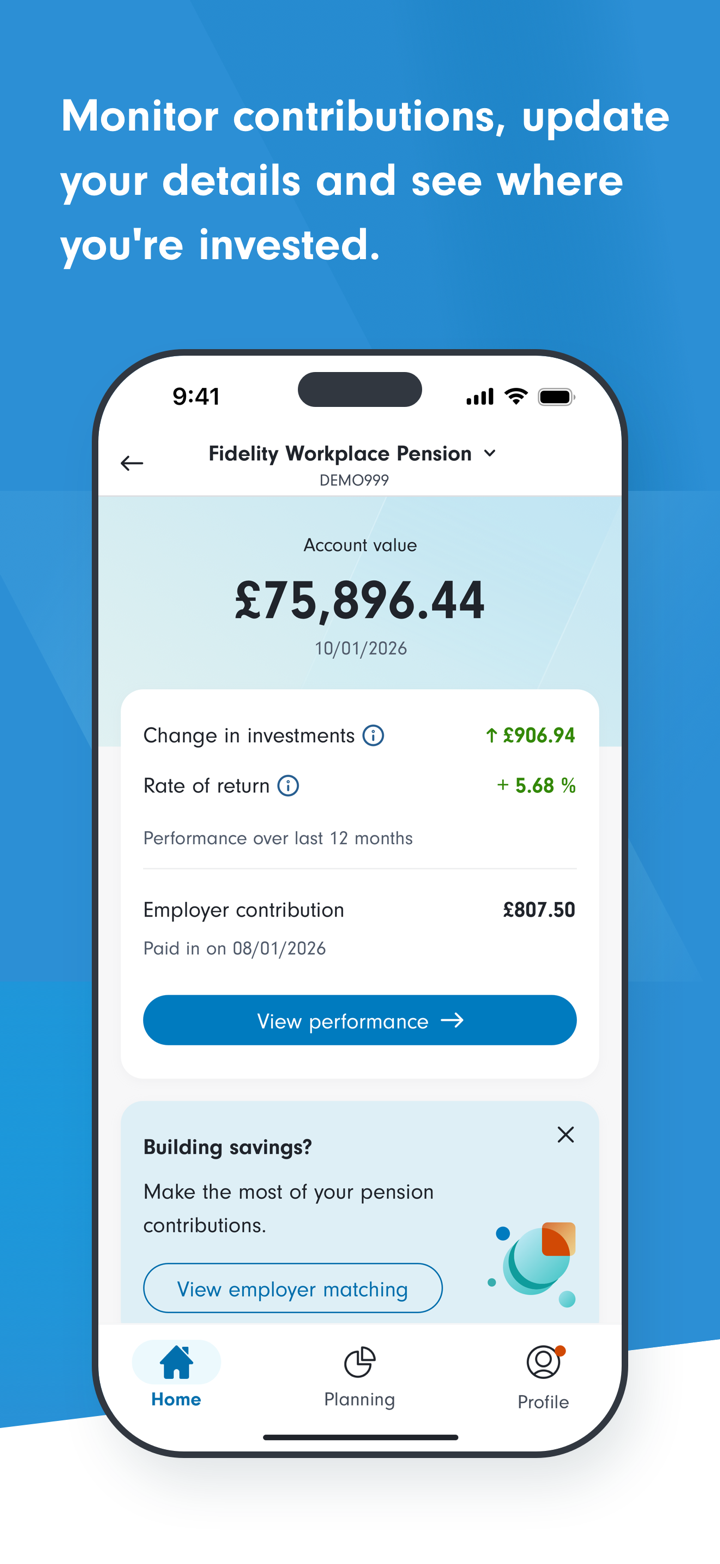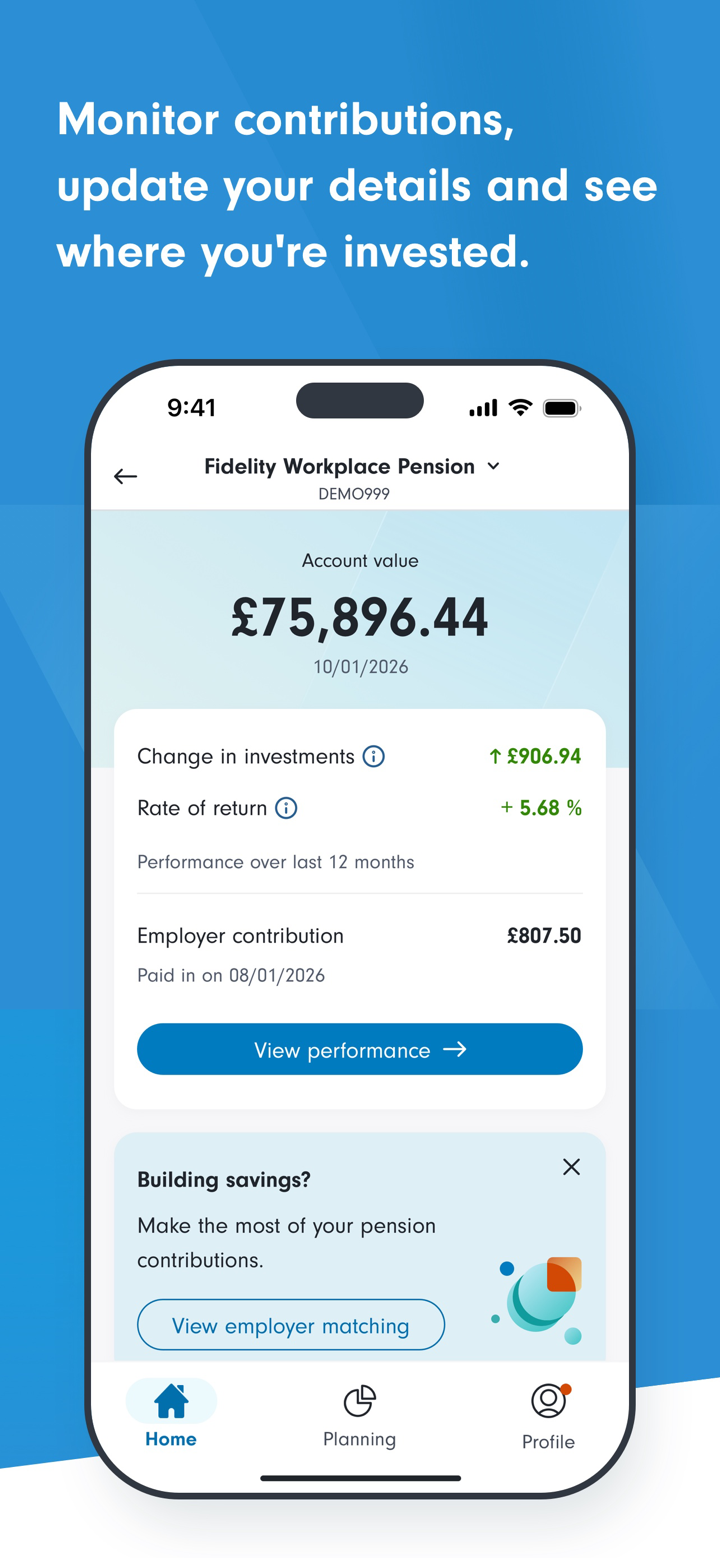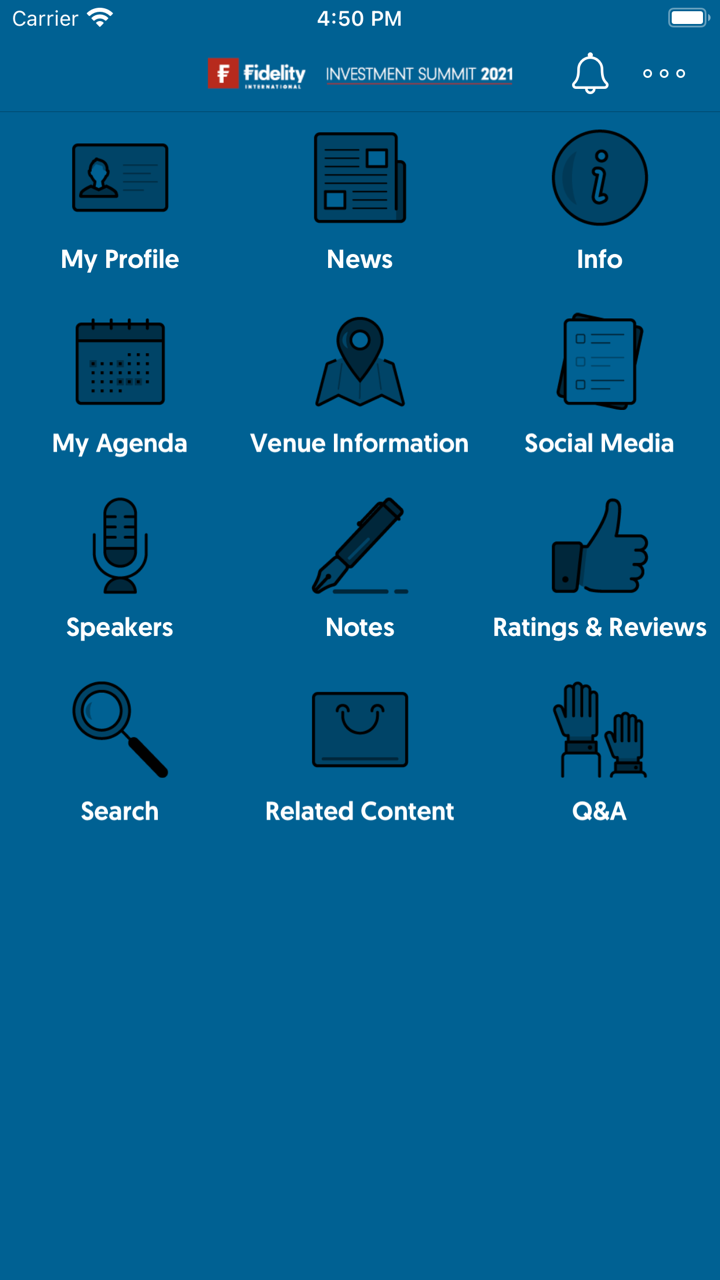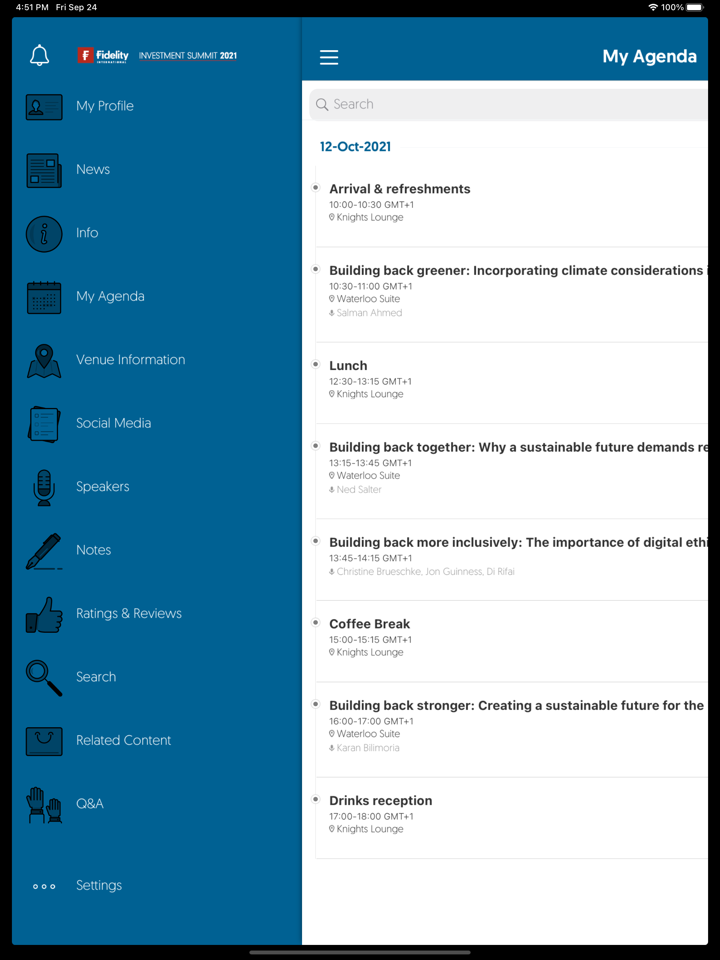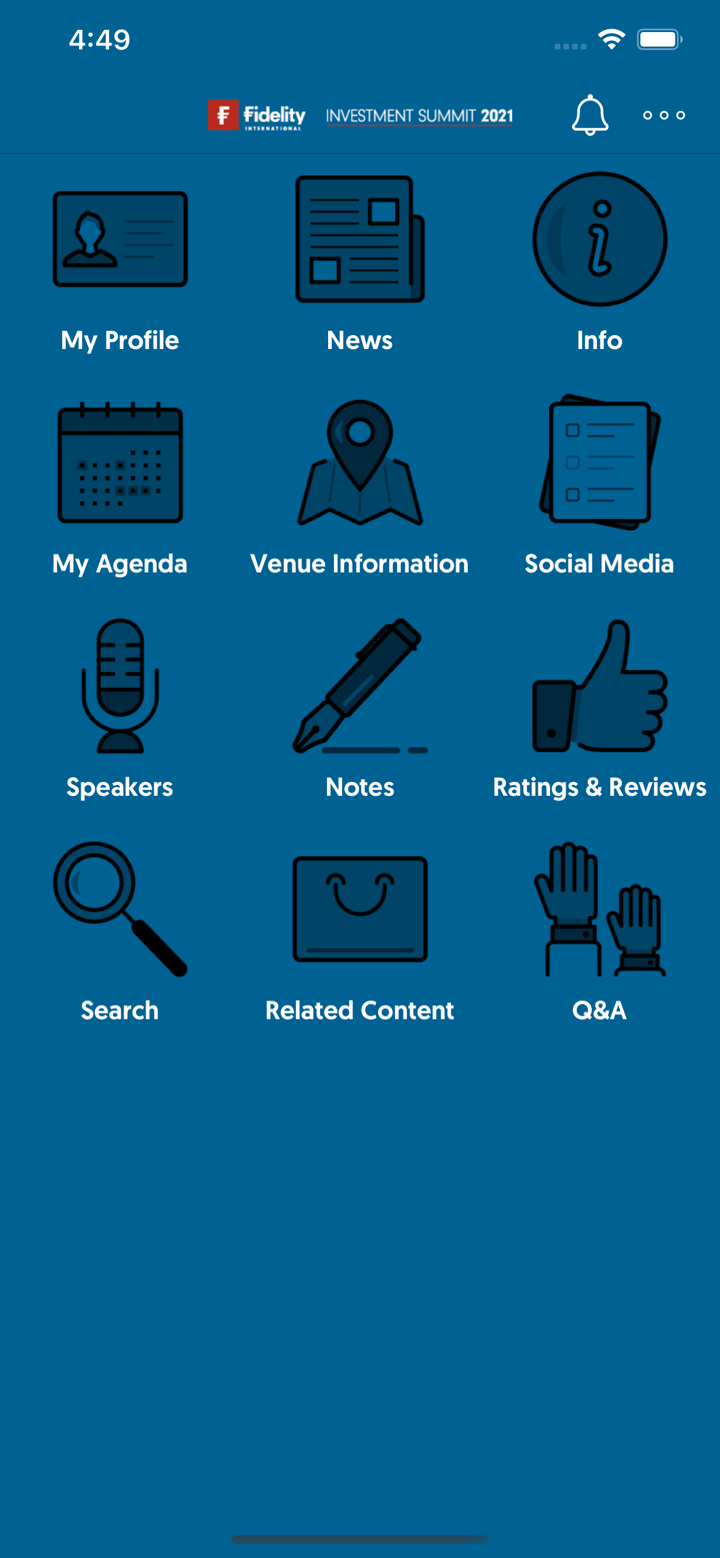Unternehmensprofil
| Fidelity Überprüfungszusammenfassung | |
| Gegründet | 1969 |
| Registriertes Land/Region | USA |
| Regulierung | SFC |
| Produkte & Dienstleistungen | Weltweite Investmentfonds, MPF & ORSO Rentenpläne, thematische und Multi-Asset-Investitionslösungen |
| Demo-Konto | ❌ |
| Handelsplattform | Fidelity Online, Fidelity Mobile App |
| Mindesteinzahlung | HK$1.000/Monat (Monatlicher Investitionsplan) |
| Kundensupport | Telefon: (852) 2629 2629 |
| E-Mail: hkenquiry@fil.com | |
Fidelity Informationen
Gegründet im Jahr 1969, ist Fidelity ein Finanzunternehmen unter der Regulierung der SFC, das internationale Investmentlösungen anbietet. Es bietet keine Devisen- oder Differenzkontrakte an, sondern konzentriert sich stattdessen auf Investmentfonds, Rentenpläne (MPF/ORSO) und thematische Strategien.
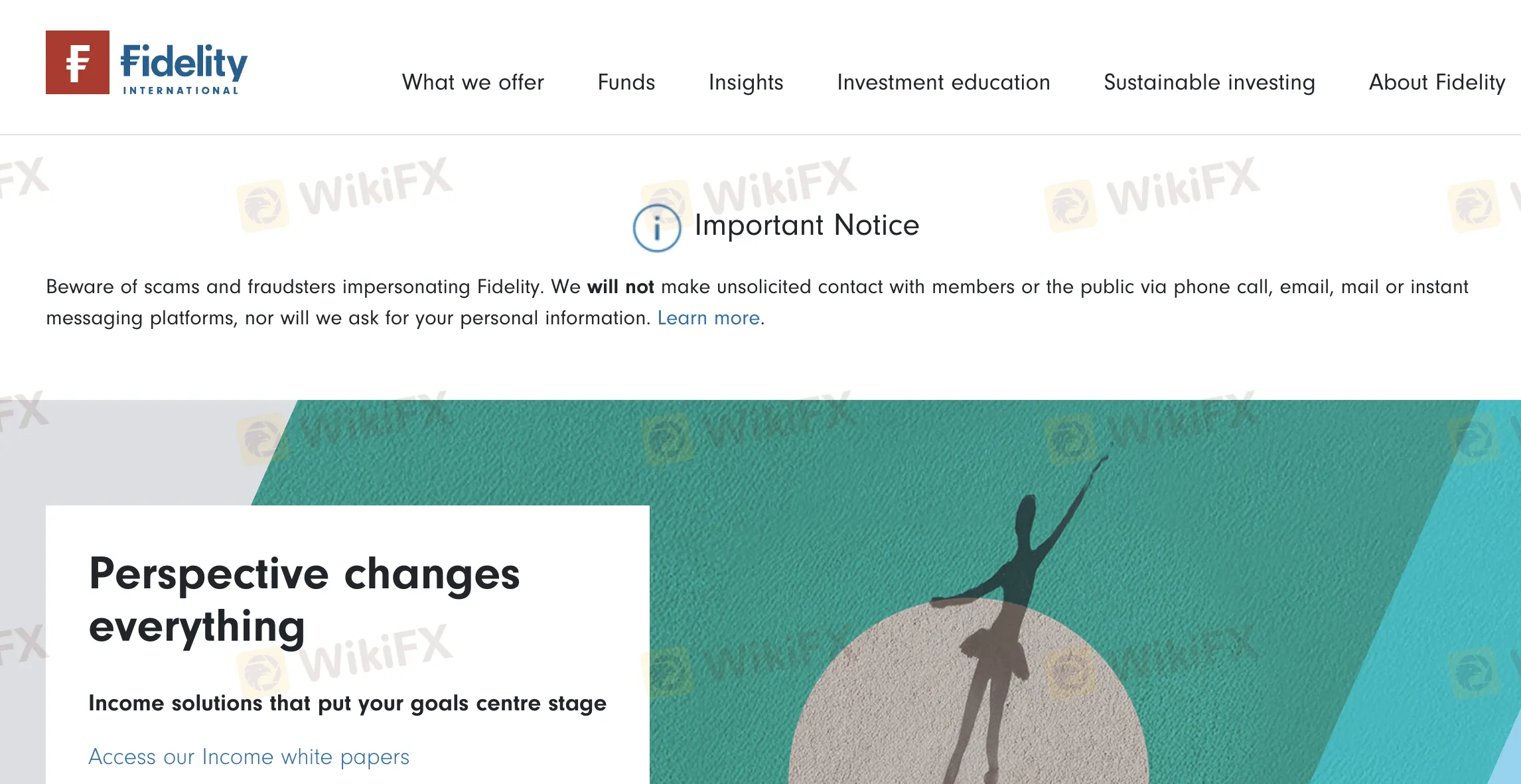
Vor- und Nachteile
| Vorteile | Nachteile |
| SFC reguliert | Kein Demo- oder islamisches (swap-freies) Konto |
| Breite Auswahl an Investmentfonds und Rentenlösungen | Relativ hohe Gebühren |
| Staffelgebührenstruktur zugunsten von Investoren mit hohen Kontoständen | |
| Lange Betriebszeiten | |
| Verschiedene Kontotypen |
Ist Fidelity legitim?
Ja, Fidelity ist reguliert. Es ist von der Securities and Futures Commission (SFC) von Hongkong mit einer Lizenz für den Handel mit Futures-Kontrakten autorisiert. Die Lizenznummer lautet AAG408.
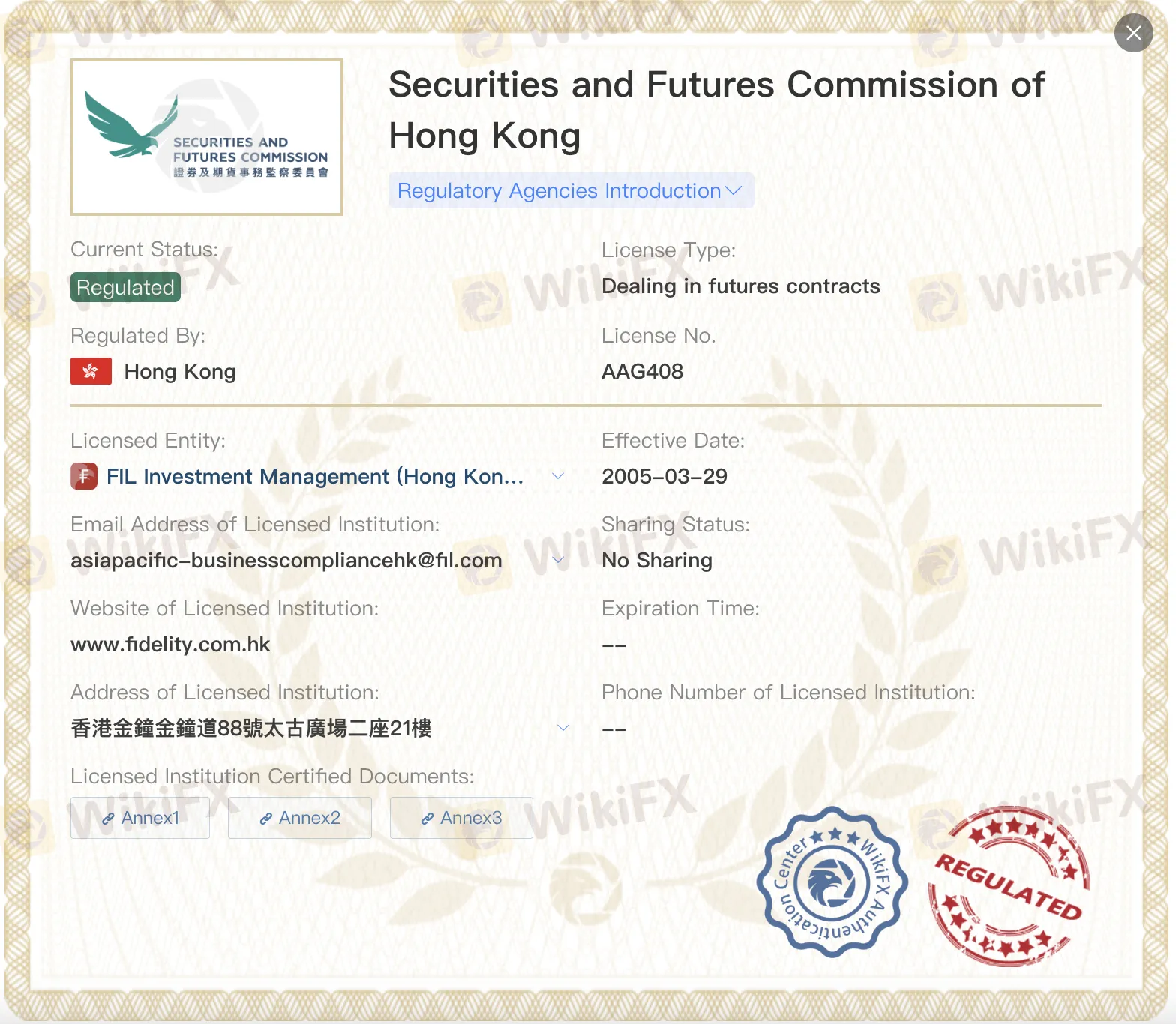
Produkte und Dienstleistungen
Fidelity bietet weltweite Investmentfonds, Rentenpläne (MPF & ORSO) und thematische Investitionen an, um die finanziellen Ziele der Anleger zu erreichen. Sie bieten Einkommensgenerierung, nachhaltige Investitionen und Multi-Asset-Strategien.
| Produkte & Dienstleistungen | Merkmale |
| Investmentfonds | Globale Fonds in verschiedenen Währungen und Anlageklassen |
| Thematische Investitionen | Langfristige Investitionen basierend auf globalen Trends und Innovations-Themen |
| Multi-Asset-Lösungen | Diversifizierte Portfolios, die verschiedene Anlagearten kombinieren |
| Nachhaltige Investitionen | Fokussiert auf ESG und verantwortungsbewusste Anlagestrategien |
| MPF (Mandatory Provident Fund) | Rentenfonds, die auf unterschiedliche Risiko- und Einkommensprofile zugeschnitten sind |
| ORSO (Occupational Retirement Schemes Ordinance) | Vom Arbeitgeber gesponserte Renten-Investitionspläne |
| Einkommensstrategien | Globale Einkommensschwerpunkt-Investmentoptionen |
| Asien-Fokussierte Investitionen | Fonds, die Wachstumschancen in asiatischen Märkten anvisieren |
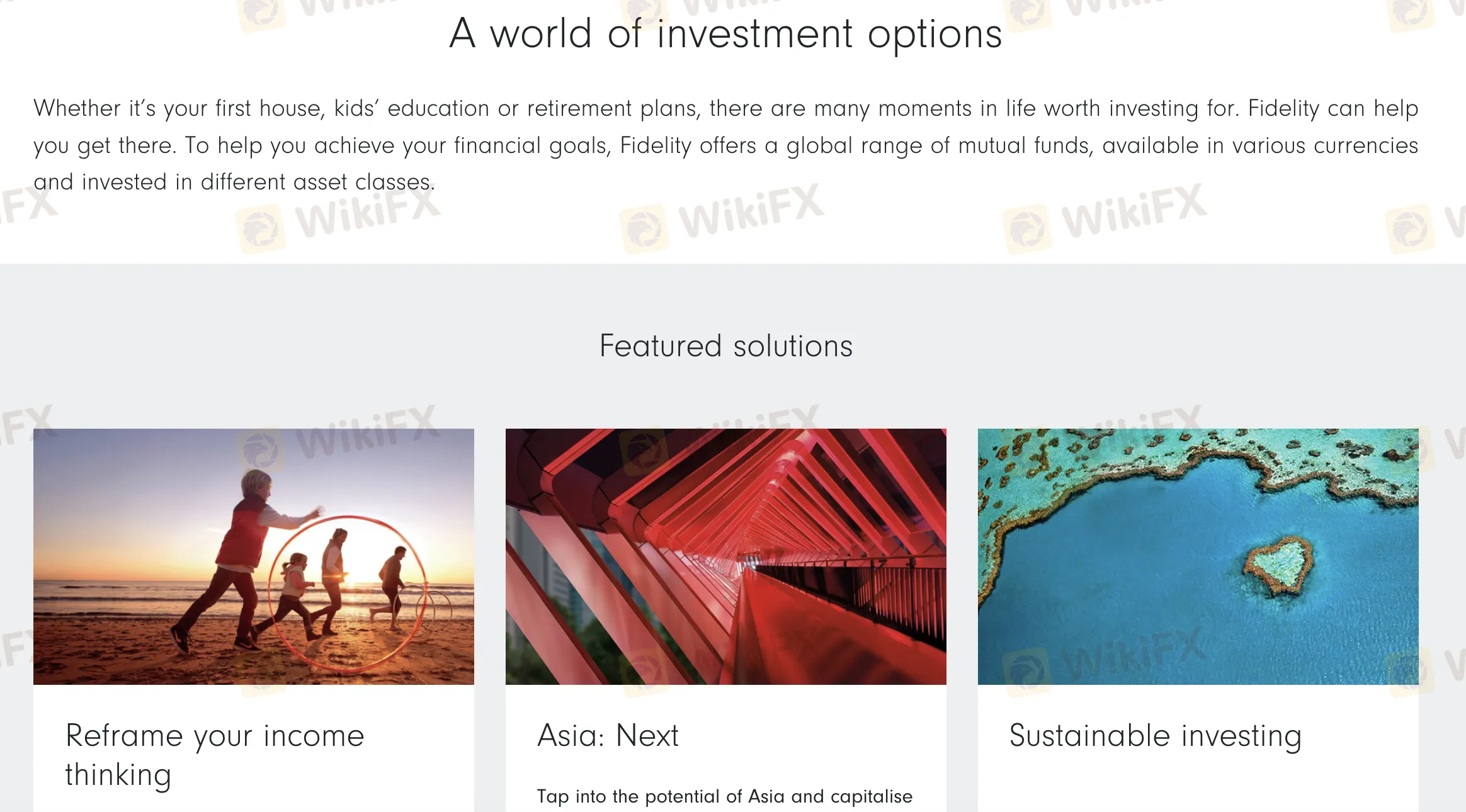
Kontotyp
Fidelity bietet vier Arten von Live-Konten an: Persönliche Anleger, MPF/ORSO-Mitglieder, Vermittler und institutionelle Anleger. Es gibt keine Demo- oder islamischen (swap-freien) Konten.
| Kontotyp | Geeignet für |
| Privatanleger | Einzelpersonen, die ihre eigenen Investitionen verwalten |
| MPF / ORSO-Konten | Mitarbeiter und Arbeitgeber unter Hongkonger Rentensystemen |
| Vermittler | Berater, Vermögensverwalter, Finanzberater |
| Institutionelle Anleger | Institutionen wie Renten, Unternehmen und Family Offices |
Fidelity Gebühren
Fidelitys Gebühren folgen einer gestaffelten Struktur - größere Anlagebeträge genießen niedrigere Gebühren, während kleinere Investitionen höhere Gebühren haben. Insgesamt ist die Kostenstruktur gemäß Branchenstandards moderat bis hoch.
| Investitionsmethode | Gebührentyp | Investitionsbilanz (USD) | Geldmittel | Anleihenfonds | Aktien- und andere Fonds |
| Einmalige Investition | Ausgabeaufschlag | ≥ 1.000.000 | 0,00% | 0,30% | 0,60% |
| 500.000 - <1.000.000 | 0,45% | 0,90% | |||
| 250.000 - <500.000 | 0,60% | 1,20% | |||
| 100.000 - <250.000 | 0,75% | 1,50% | |||
| 50.000 - <100.000 | 1,05% | 2,10% | |||
| <50.000 | 1,50% | 3,00% | |||
| Umschaltgebühr | ≥ 1.000.000 | 0,10% | - | ||
| 500.000 - <1.000.000 | 0,15% | - | |||
| 250.000 - <500.000 | 0,20% | - | |||
| 100.000 - <250.000 | 0,25% | - | |||
| 50.000 - <100.000 | 0,35% | - | |||
| <50.000 | 0,50% | - | |||
| Monatlicher Anlageplan | Ausgabeaufschlag | <HK$20.000/Monat | 1,00% | - | - |
| ≥HK$20.000/Monat | 0,00% | - | - |
Handelsplattform
| Handelsplattform | Unterstützt | Verfügbare Geräte | Geeignet für |
| Fidelity Online | ✔ | Web (PC, Mac) | Langfristige Anleger, die ihre Portfolios online verwalten |
| Fidelity Mobile App | ✔ | iOS, Android | Anleger, die unterwegs auf ihre Portfolios zugreifen müssen |

Ein- und Auszahlung
Fidelity erhebt keine zusätzlichen Gebühren für Standard-Einzahlungs- oder Auszahlungsmethoden. Es können jedoch Bank- oder Zwischenkosten anfallen, abhängig von der verwendeten Methode. Die Mindesteinzahlung beträgt HK$1.000 pro Fonds pro Monat für monatliche Anlagepläne; für Einmalanlagen ist keine spezifische Mindestanforderung angegeben.
| Zahlungsmethode | Mindestbetrag | Gebühren | Bearbeitungszeit |
| Telegrafische Überweisung | / | Bank-/Zwischenkosten | Nach Erhalt der geklärten Mittel |
| HSBC-Rechnungszahlung (Internetbanking) | / | ❌ (außer Agenturgebühren) | Unverzüglich |
| Bankwechsel / Bankscheck | / | Agenturbankgebühren | |
| HSBC / Hang Seng Same-Day-Lastschrift | / | ❌ (unzureichende Mittel können Bankgebühren verursachen) | |
| Personenscheck (HK geklärt) | HK$1.000.000 oder weniger | ❌ | |
| Personenscheck (nicht in HK geklärt) | / | Es können Inkassogebühren anfallen | Nach Freigabe |
